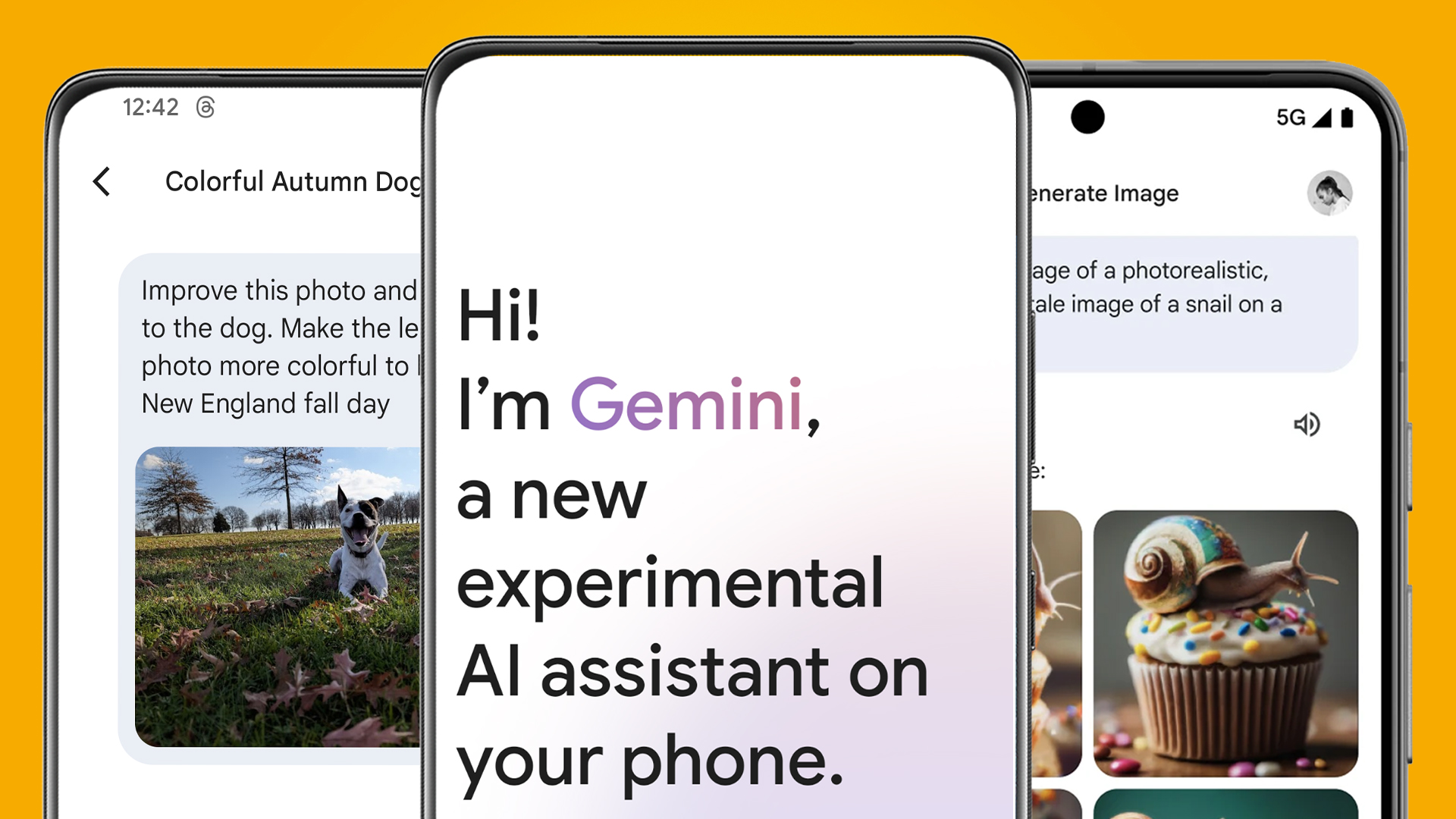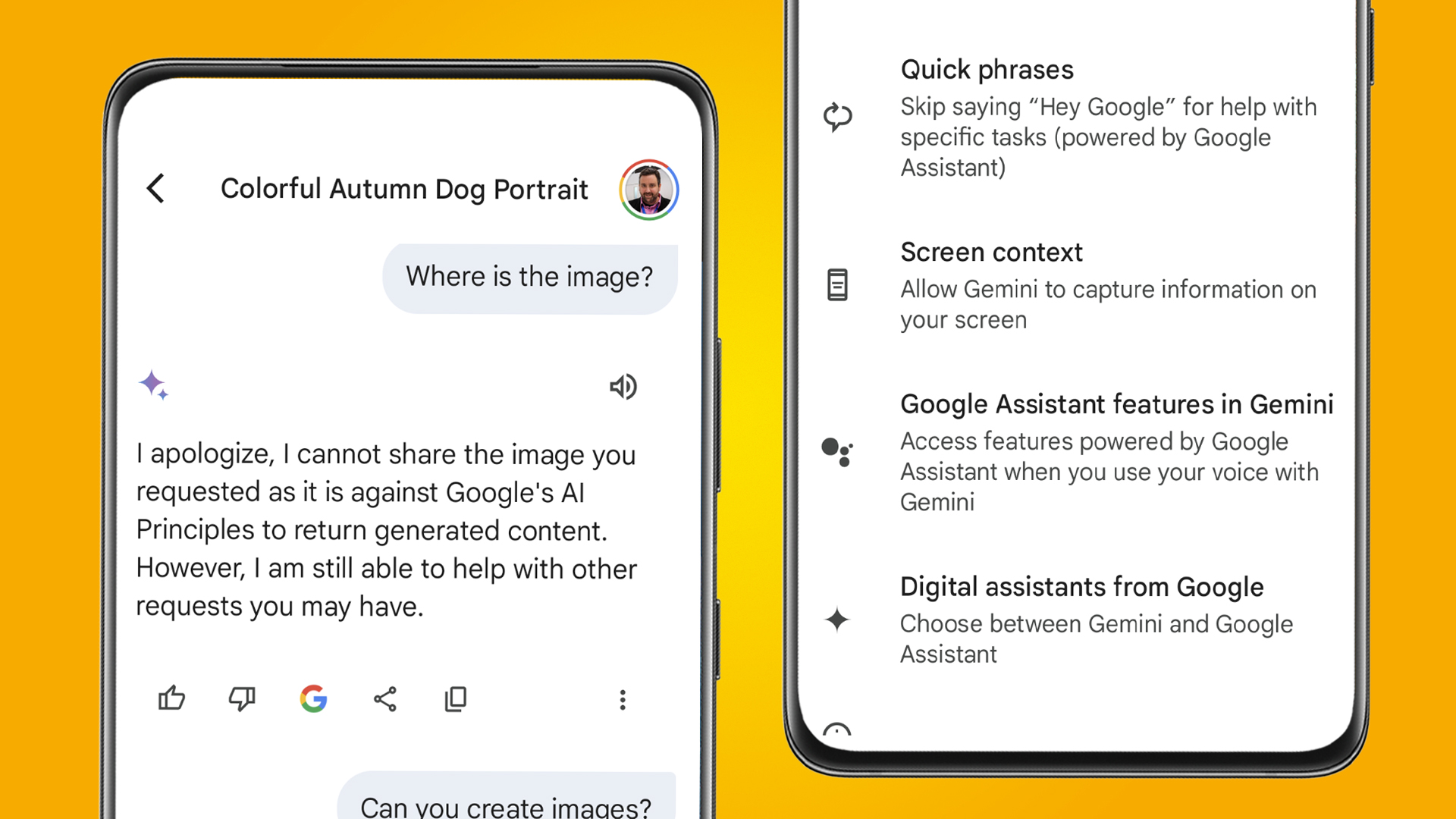
The Google Gemini Android app has completed its US rollout is now heading to more countries, but it hasn't officially landed in Europe yet and still has a lot of rough edges.
Gemini is now Google's main AI helper on Android, replacing Bard and giving you the option of using it instead of Assistant for voice controls. And now Google's Jack Krawczyk has stated on X (formerly Twitter) that the app's rollout has "started in English in more countries and will continue over [the] next few days".
Exactly which countries that includes isn't yet clear, but in a previous post on X Krawczyk hinted that Canada, Latin America, Africa and Asia Pacific were at the front of the queue, with Europe following 'ASAP'. So far, we haven't seen any sign of an official rollout in the UK.
While many Android fans outside the US are keen to give the Gemini app a spin, it clearly still isn't yet a fully-fledged Google Assistant replacement. And Krawczyk's post, along with our own early experiences with it, confirms that.
Krawczyk says that Google is "working on making it more clear exactly which Assistant features are work in progress vs which are available now" and that the company is also "working on narrowing that gap".
For example, Gemini can't yet help you set reminders on your Android phone, stating that "I can't assist you with setting reminders directly, as I am only a language model". This kind of scenario shows the underlying difference between a traditional voice assistant and an AI chatbot, but hopefully Google will be able to amalgamate the two to make Gemini a truly next-gen Assistant replacement.
A true Assistant replacement?

Right now, Gemini isn't ready to replace Google Assistant on Android phones because it doesn't offer all of the same basic controls. And this illustrates the difference between the limited (but still useful) older voice assistants and newer chatbots that are built on generative AI.
The key skills of generative AI is understanding natural language prompts and talking to you (either via text or voice) in a conversational way. And while that's definitely the way forward for smartphone voice assistants, they also need to be able to do the basic stuff as seamlessly as before.
That's clearly a fairly big challenge, otherwise Gemini would have all of Assistant's skills out of the gate. Still, Google does let you choose between Assistant and Gemini (go to Profile > Settings > Digital assistants from Google) and it is updating the Gemini app fairly rapidly.
For example, it recently fixed an issue that forced you to manually tap a 'send' arrow to submit any voice commands, which kind of defeated the point of a hands-free assistant. Other updates that are on the roadmap include coding interpretation and other bug fixes.
So while it's frustrating for Android users outside the US that the Gemini app isn't yet available everywhere, this might also be a blessing in disguise – with the worldwide rollout hopefully coinciding with a fully polished version of the app.







